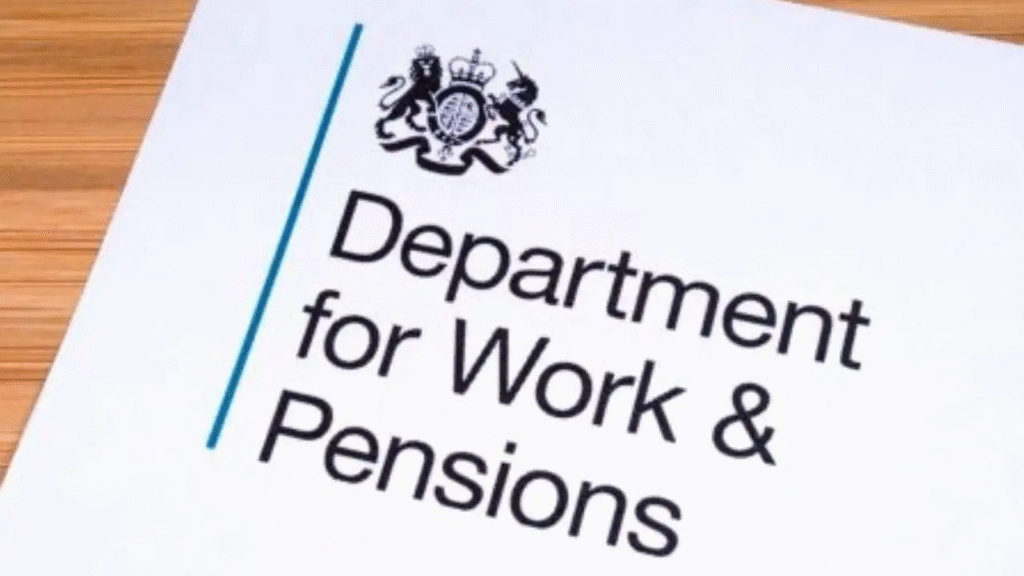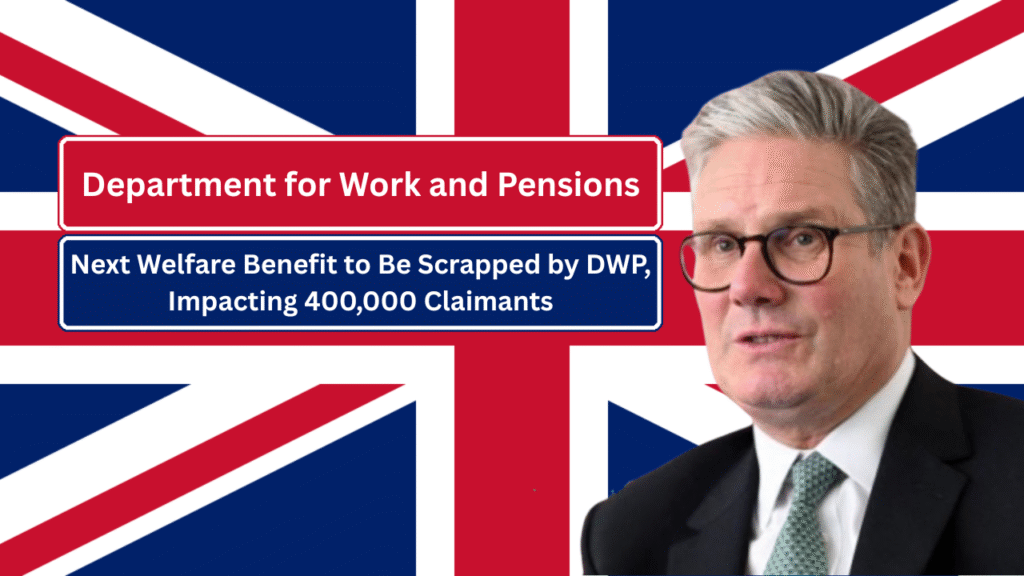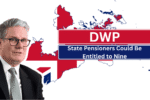The Department for Work and Pensions (DWP) has announced plans to end a major welfare benefit, affecting up to 400,000 claimants who will have their payments stopped. This move marks the next significant phase in the government’s overhaul of the social security system, aiming to simplify welfare support but raising concerns about the impact on vulnerable individuals.
What Benefit Is Being Axed?
The benefit set to be scrapped is the Universal Credit Limited Capability for Work and Work-Related Activity (LCWRA) element. This element is part of the broader Universal Credit system, designed to provide additional financial support to claimants who have a disability or health condition that limits their ability to work.
The LCWRA element currently supports those who face greater barriers to employment due to health issues, offering an additional monthly payment to help cover extra costs associated with their condition.
Why Is the DWP Ending This Benefit?

The DWP says the decision to end the LCWRA element comes as part of a drive to streamline the benefits system and ensure fairer support distribution. According to officials, the government plans to replace this element with a revised framework that better targets help for disabled and ill claimants through alternative means, including expanded Personal Independence Payments (PIP) and disability benefits.
A spokesperson for the department said,
“This is part of a broader strategy to improve support for those who need it most while ensuring the system is sustainable for the future.”
Impact on Claimants
Up to 400,000 Universal Credit recipients currently receiving the LCWRA element will see their payments stopped over the coming months. This has raised concerns among disability advocates and social welfare campaigners, who warn that many claimants rely on this payment to cover essential costs such as medical care, mobility aids, and home adaptations.
John Smith, director of the disability rights group Enable UK, said,
“Removing this element will leave many vulnerable people without the support they need to manage their conditions. The government must ensure that replacements or alternatives provide equal or better assistance.”
What Does This Mean for Claimants?
Affected claimants will receive advance notice from the DWP about the end of their LCWRA payments. The department has pledged to provide guidance on alternative support options and how to apply for other benefits, such as Personal Independence Payment (PIP), Employment and Support Allowance (ESA), or Disability Living Allowance (DLA), depending on individual circumstances.
The government recommends that claimants visit the official Universal Credit website for the latest updates and advice on managing their claims:
For those seeking disability benefits, detailed information on eligibility and application processes can be found here:
- Personal Independence Payment (PIP) – GOV.UK
- Employment and Support Allowance (ESA) – GOV.UK
- Disability Living Allowance (DLA) – GOV.UK
Government’s Broader Welfare Reform Context
The announcement follows earlier reforms where certain disability-related benefits were merged or withdrawn to simplify the welfare system. The government argues these reforms aim to eliminate duplication and fraud, ensuring that limited public funds are spent effectively.
A spokesperson from the DWP emphasized,
“We remain committed to supporting disabled and ill claimants through targeted benefits and services. This change is about modernising the system and ensuring it is fit for purpose in the 21st century.”
Concerns and Calls for Support
Despite government assurances, advocacy groups call for comprehensive support plans to avoid hardship. They stress the importance of clear communication and adequate transitional support to prevent claimants from falling through the cracks.
Charities such as Scope and Disability Rights UK have urged the government to work closely with affected communities to design alternative support frameworks that address their specific needs.
How Claimants Can Prepare
Claimants currently receiving the LCWRA element should:
- Check for official notifications: The DWP will send letters or messages explaining the timeline for payment changes.
- Review eligibility for other benefits: Consult government websites or welfare advisors to explore alternative benefits like PIP or ESA.
- Seek advice from welfare organizations: Groups such as Citizens Advice provide free, confidential support on benefits and claims.
Final Thoughts
The decision to axe the LCWRA element represents a significant shift in how the UK supports disabled and ill claimants under Universal Credit. While the government positions the move as part of broader welfare reform, it remains to be seen how effectively new systems will meet the needs of those affected.
As changes unfold, claimants and their advocates are urged to stay informed and seek help where necessary to navigate the evolving benefits landscape.




